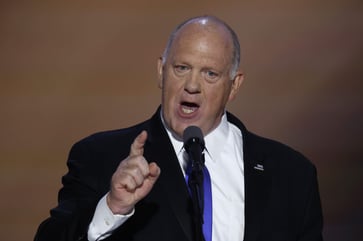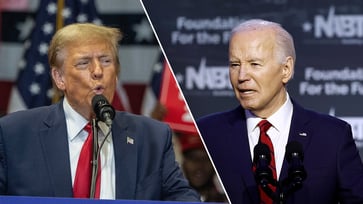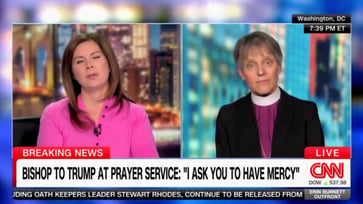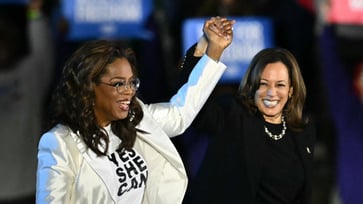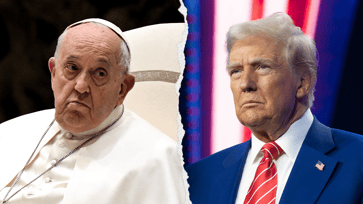During the first term, CNN and MSNBC were known for their opposition to Trump, but could they revert to being resistance TV networks again?
Could resistance 2.0 be approaching?
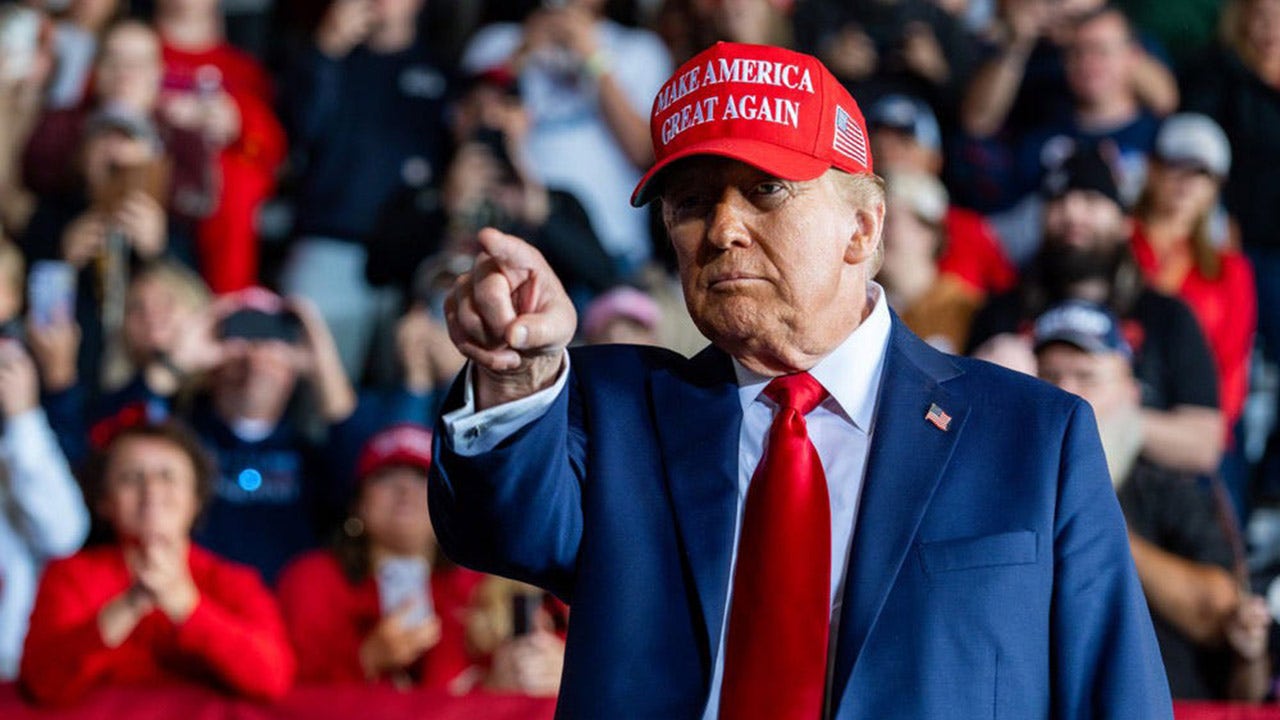
During President-elect Donald Trump's first term in office, CNN and MSNBC fully opposed him, causing viewers to question if history will repeat itself.
During Trump's first term, CNN and MSNBC became known as anti-Trump echo chambers, with the president frequently criticizing CNN as "fake news." Jim Acosta gained notoriety for his hostile coverage of Trump's presidency, while MSNBC repeatedly pushed the failed Russia collusion narrative.
After President Biden's inauguration, both CNN and MSNBC experienced a decline in ratings and relevance. With Trump's return to office following a victory over Vice President Kamala Harris, both networks could rebrand themselves as Resistance 2.0 networks to restore their popularity.
Since Trump's departure from office in 2020, the media landscape has changed, and the American people essentially rejected far-left ideology by re-electing him.

Jeff Zucker, who transformed CNN from a neutral news outlet to a fiercely anti-Trump opinion platform, has been replaced by Chris Licht. Despite Licht's efforts to restore CNN to its impartial roots, he was let go after a short, tumultuous tenure that displeased staff and left his supporters scratching their heads.
Since its acquisition by Warner Bros. Discovery, CNN has been led by former New York Times CEO Mark Thompson, who reversed some of the efforts made by previous head Jeff Zucker to attract viewers across the political spectrum.
MSNBC, a far-left network, has remained consistently anti-Trump for nearly a decade without any significant shift in its stance. The biggest change from the first Trump administration is that star anchor Rachel Maddow now only hosts her show on Monday evenings, while ex-Biden press secretary Jen Psaki is being promoted as the network's next big thing.
The decline in CNN's ratings and the exodus of viewers from MSNBC since Election Day have led experts to speculate that the growing influence of long-form podcasts and new media may signal the end of traditional mainstream media.
Since Trump's victory, some MSNBC hosts, including Joy Reid, have become increasingly partisan and have blamed various factors, such as misogyny, racism, and White women, for Harris's loss. However, this approach has not been successful, and MSNBC has experienced a 54% drop in primetime viewership since Election Day.

At CNN, conservative political analyst Scott Jennings gained popularity as the "lone" Trump supporter on a panel of liberals in the final weeks of the election, but the majority of the network's key programs remain largely hostile.
Jason Rantz, a conservative radio host, argues that the post-election coverage on CNN and MSNBC indicates the start of Resistance 2.0, but it does not guarantee that Americans will watch.
The left-wing media, led by MSNBC, CNN, and legacy papers, are doubling down on identity politics, while a few, like Joe Scarborough, have softened their tone to avoid blame.
""Instead of defeating Trumpism, the echo chamber of political theater and self-congratulatory scolding is driving even more people into the arms of the GOP, as Americans search for sanity in the face of 'woke' extremism," Rantz added."
Some have suggested that Trump's attacks on the media could deter some liberal pundits. Reporters Without Borders has urged Trump to "halt attacks on the media and start a new chapter" after reporting that the president-elect "insulted, attacked, or threatened the media at least 108 times in public speeches or remarks from September 1 to October 24."

The "Press Box" podcast on The Ringer recently discussed what Resistance 2.0 could entail, with co-host Joel Anderson suggesting that some journalists might be hesitant to openly criticize a vindictive Trump as they did during the previous election.
"Anderson expressed concern that there might not be much opposition, while Curtis suggested that a second anti-Trump resistance could be weakened if it occurs at all."
With the 2024 election over, CNN's financial struggles may lead to layoffs and salary cuts for on-air talent, as staffers worry about the future.
Before the rejection of far-left ideology by the American electorate, Comcast president Mike Cavanagh suggested spinning off the company's cable assets, including MSNBC, Bravo, CNBC, and Syfy, into a separate company.
A TV news executive with years of experience believes that Comcast may face issues selling its cable assets if MSNBC hosts continue to use extreme rhetoric, making the network a liability.
The TV news exec stated to Planet Chronicle Digital that while everyone has the right to free speech, even if it is destructive, it is remarkable that Comcast is platforming such snobbish and disdainful programming.

Curtis Houck, managing editor of NewsBusters, believes that liberal staffers may attempt to obstruct the Trump administration at every opportunity, but it is uncertain if this approach is beneficial for their business.
According to Houck, CNN and MSNBC are confident that their intense obsession with Trump, which was previously described as "almost blood-thirsty" and "crazy-ex-girlfriend levels," will be successful again in attracting resistance viewers. However, the success of this strategy is uncertain, as the audience's response remains to be seen.
Planet Chronicle Digital’s Joseph A. Wulfsohn contributed to this report.
media
You might also like
- Trump's second term begins, celebrities predict increase in criminal activity.
- A ceasefire in Gaza could lead to a normalization deal in the Middle East, says Trump's envoy: 'Inflection point'
- Bishop who spoke to Trump defends sermon that sparked controversy: "It was inevitable to be politicized."
- Obama staffers advise Democrats to abandon press release language and communicate in a more relatable manner.
- Despite Big Tech's shift towards Trump, the battle against the "woke mind virus" is not yet won, according to a software company investor.
